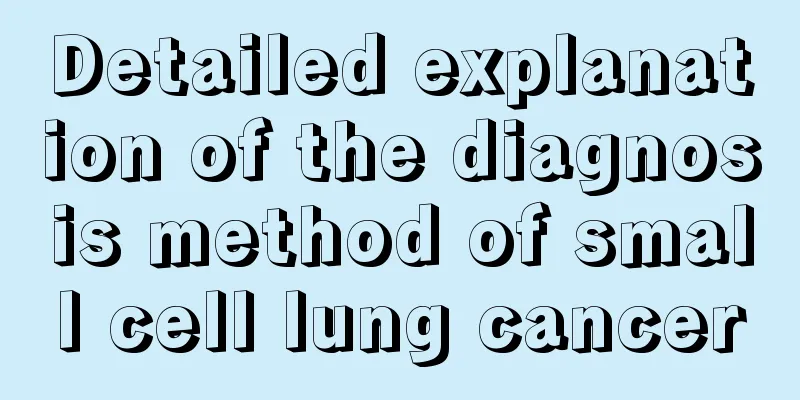What causes colon cancer

|
There are many causes of colon cancer, such as genetic factors, dietary factors, chronic inflammation, precancerous lesions, etc. 1. Genetic factors: Colorectal cancer is somewhat hereditary. If a family member has colorectal cancer, the patient’s children will have an increased chance of developing colorectal cancer. 2. Dietary factors: If you eat a high-protein diet for a long time and consume relatively less fresh vegetables and foods rich in dietary fiber, the incidence of colon cancer will increase. 3. Chronic inflammation: If you suffer from diseases such as ulcerative colitis and Crohn's disease, your intestines will suffer from chronic inflammation, the intestinal mucosa will be repeatedly destroyed and repaired, and the intestinal mucosal epithelial cells will proliferate, which may increase the risk of cancer. 4. Precancerous lesions: mainly refer to intestinal polyps. Intestinal polyps are benign diseases, but as time goes by, polyps may become cancerous, especially adenomatous polyps, which have a relatively high risk of cancer. After colorectal cancer occurs, a comprehensive examination is needed, including CT, colonoscopy, etc., to determine the severity of the disease and then decide how to treat it. |
<<: Can the body withstand 25 radiotherapy sessions for rectal cancer?
>>: What stage does a 2 cm lung cancer belong to
Recommend
Signs of gastric cancer recurrence
Most patients with gastric cancer relapse mainly ...
Why does running make your breasts bigger
Running is a very common aerobic exercise. The bi...
Mild hyperthyroidism indicators
The thyroid gland in the human body can secrete t...
Blistering on the upper teeth
From the clinical point of view, blisters on the ...
The doctor teaches you how to deal with 6 kinds of dental diseases
1. Burns on the roof of the mouth For burns on th...
What are the treatments for laryngeal cancer?
In recent years, laryngeal cancer has become a ma...
Can mid-stage brain cancer be cured?
People are very sad when they hear someone has a ...
What is the venous angle?
The most common clinical disease of venous angle ...
What is ichthyosis variegated and how to prevent it
Do you know of a disease? . It is called ichthyos...
What causes facial paralysis
The main cause of facial paralysis is local nerve...
Will it be contagious if I live with a stomach cancer patient?
Cancer is a relatively stubborn disease. If it is...
Are leg slimming bandages useful?
It is said that beauty lies in the thighs. Whethe...
Wrong anal lifting method?
In daily life, women who give birth naturally wil...
Correct posture for Zen meditation
In our lives, there may be many people who still ...









